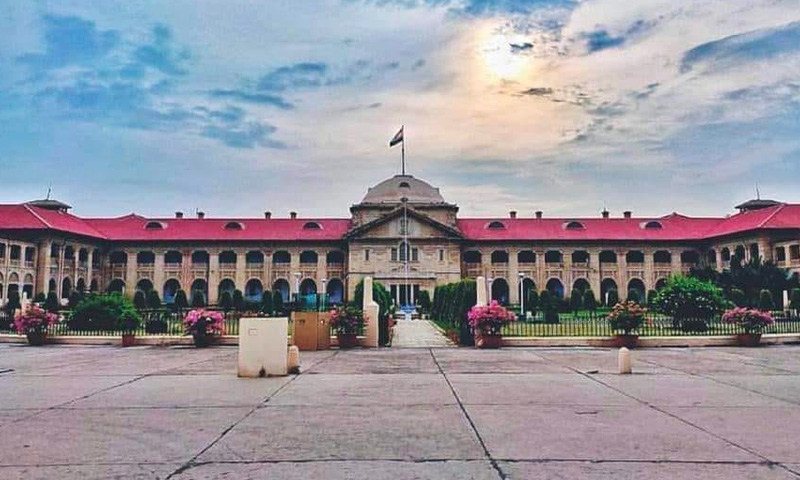
Employees Provident Fund and Miscellaneous Provisions Act 1952 is benign legislation meant for the welfare of the employees of organizations that fall under the purview of the Act. The Legislation secures the aim of providing security to the worker employees post-retirement. The object of the Act is to provide for the institution of Provident Funds, Pension Funds, and Deposit-linked Insurance Funds for employees in factories and other establishments.
Suppose an employer does not pay the prescribed contribution. In that case, the Commissioner, who holds the authority under the Act, can order for determination of the contribution to be paid under Section 7A of the 1952 Act.
Against such an order, a review can be filed under Section 7B of the EPF and MP Act 1952. The Review is only maintainable against orders under Section 7A of the Act.
To deter the Employers from defaulting repeatedly and to increase contributions to the Provident Fund, the Commissioner can also impose Damages against the Employers under Section 14B of the EPF and MP Act 1952. The Hon’ble Supreme Court of India has upheld the validity of Section 14B of the Act, but it has laid certain factors which need to be considered while deciding the damages. Such factors are the financial health of the company, the number of times default has been committed, and how much default has been committed among many others.
A statutory prescribed limit of 12% interest is also levied against the Employer under Section 7Q of the Employees Provident Fund and Miscellaneous Provisions Act 1952.
If you are aggrieved by any of the abovementioned orders, the correct action is to file an Appeal before the Tribunal. However, this is only acceptable if the order of the commissioner under Section 7A and 7Q is a composite order. This is because an order under Section 7Q of the Act is not amenable to Appellate jurisdiction.
Orders under Section 14B and 7Q of the EPF and MP Act 1952 can also be challenged before the High Court in view of the law laid down by the Hon’ble Apex Court in a plethora of judgments regarding exceptional circumstances in which writ petition can be filed before the High Court even when there exists a statutory alternate remedy.
Therefore, in case the order is not a composite order, you need to file a Writ Petition against the orders before the Hon’ble High Court under Article 226 of the Constitution of India.

